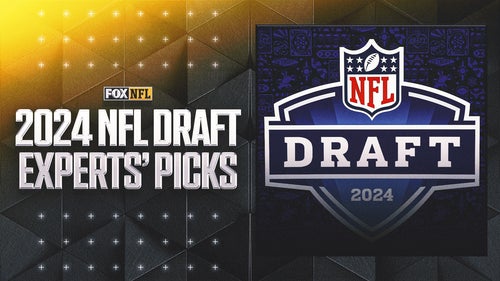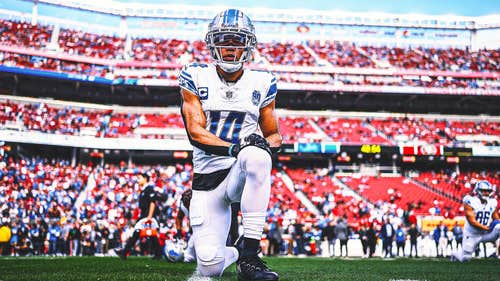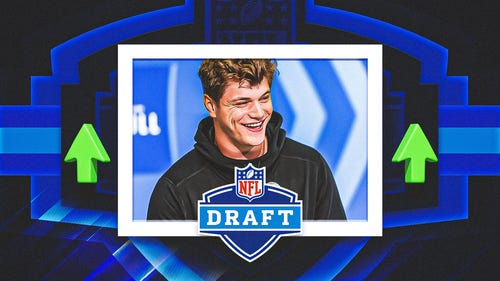





































































































































Steelers must get back to ground game
Quarterback was the main media focus of the first Ben Roethlisberger-free Steelers minicamp practice.
But in the big picture, the offensive line should be the center of attention.
It doesn’t matter whether journeyman Byron Leftwich — who took Friday morning’s first-team snaps — or unproven Dennis Dixon emerges from the preseason as Pittsburgh’s starting quarterback. Neither can be expected to carry an attack that passed on 58.9 percent of the snaps in 2009. Leftwich hasn’t won a start since 2006; Dixon lost in his only career start last year against Baltimore.
Until Roethlisberger returns from his four- to six-game NFL suspension, the Steelers must rush the football for offensive success.
Steelers owner Art Rooney II was championing this philosophical change well before Roethlisberger’s personal conduct policy violation. After the 2009 Steelers missed the playoffs, Rooney told coach Mike Tomlin that Pittsburgh needed to re-emphasize the ground game. Roethlisberger’s absence makes such commitment even more imperative.
“The Steelers have always been known for being physical up front and running the ball,” Steelers left guard Chris Kemoeatu said. “There’s no question we have the potential to do it.”
Someone should remind Bruce Arians.
The Steelers offensive coordinator is a Roethlisberger favorite, but his pass-happy play calling almost resulted in an offseason pink slip like the one offensive line coach Larry Zierlein received. Pittsburgh fielded the NFL’s 19th ranked rushing offense last year with a 112.1-yard average. While that was a slight improvement from Pittsburgh’s Super Bowl-winning season in 2008, it still wasn’t good enough to provide balance and keep defenses from keying on the sack-prone Roethlisberger. Left tackle Max Starks admits it was easy to forget that running back Rashard Mendenhall finished with 1,108 yards because the Steelers didn’t field an intimidating attack.
“We threw the ball so much last year that to have a guy sneak in like that, it’s like, ‘They had what?’” a laughing Starks said.
Steelers center Justin Hartwig echoed that sentiment. He said Pittsburgh’s scheme didn’t feature “a power run game where we lined up and ran it at people. We were a very pass-oriented offense. When we did run, a lot of times it was against sub defenses where they took a lineman out and put an extra DB in. I don’t really feel like the commitment to running the ball was there. Hopefully, we get a little more balance.
“I feel like the sky is the limit for our group running the ball. The more opportunities we get, the more we’re going to be able to run. Last year at times if a play didn’t work, we just threw it out right away. I feel that if we stick to our game plan, we can be very successful.”
In Arians’ defense, he might not have had any choice but to ride Roethlisberger and two 1,000-yard receivers — Hines Ward and the since-departed Santonio Holmes. Right guard was a weakness all season with Trai Essex replacing the injured Darnell Stapleton. Kemoeatu also missed four starts. Running back depth behind Mendenhall was shaky, with the Steelers particularly weak in short-yardage situations. Pittsburgh hopes to have addressed the right guard and power-back situation in the draft by selecting the University of Florida’s Maurkice Pouncey and Georgia Tech’s Jonathan Dwyer in the first and sixth round respectively.
Starks says the line also deserves some of the blame because of ongoing confusion with Roethlisberger about blitz pickups, primarily those that came through the middle.
“There was a lot of crisscross communication,” Starks said. “It was a little tough on us. We know there’s going to be some type of fashion blitz that every team is going to pick up as the season goes along. Now we know a lot better how to adjust. Going into this year, we’re a lot more confident and will be a lot better unit.”
Starks said Pittsburgh must mount an effective “four-minute” run offense that allows the Steelers to maintain a late fourth-quarter lead or move into go-ahead position. That approach was missing during a Week 11 loss at Kansas City. With the score tied at 24-24 and 4:54 remaining, the Steelers passed on four of their next five plays and were forced to punt. The lowly Chiefs ultimately won in overtime.
“In years past, anybody else would have said in that situation, ‘The game’s over. I’m going to the parking lot to beat the rush. I know the Steelers won the game,’” Starks said. “That’s become one of the things we have to make sure we have back here — a memorable run game.”
Especially if the Steelers are going to erase the memories of a miserable offseason.

2024 NFL Draft best bets and odds

2024 NFL Draft Schedule: Date, time, how to watch, TV channel

2024 New NFL uniforms: Texans unveil redesign, new secondary logo

Could Dak Prescott and Bill Belichick team up in 2025 — on the Giants?

The Sum God: How Amon-Ra St. Brown’s record WR deal affects other star wideouts

Bears announce plans for new 'state-of-the-art' stadium near lakefront

5 Bold Predictions for 2024 NFL Draft: Texas DT Byron Murphy a top-10 pick

2024 NFL Draft odds: Chargers' odds to pick J.J. McCarthy rise on draft eve

Steelers reportedly not expected to pick up Justin Fields' fifth-year option


2024 NFL Draft best bets and odds

2024 NFL Draft Schedule: Date, time, how to watch, TV channel

2024 New NFL uniforms: Texans unveil redesign, new secondary logo

Could Dak Prescott and Bill Belichick team up in 2025 — on the Giants?

The Sum God: How Amon-Ra St. Brown’s record WR deal affects other star wideouts

Bears announce plans for new 'state-of-the-art' stadium near lakefront

5 Bold Predictions for 2024 NFL Draft: Texas DT Byron Murphy a top-10 pick

2024 NFL Draft odds: Chargers' odds to pick J.J. McCarthy rise on draft eve

Steelers reportedly not expected to pick up Justin Fields' fifth-year option
